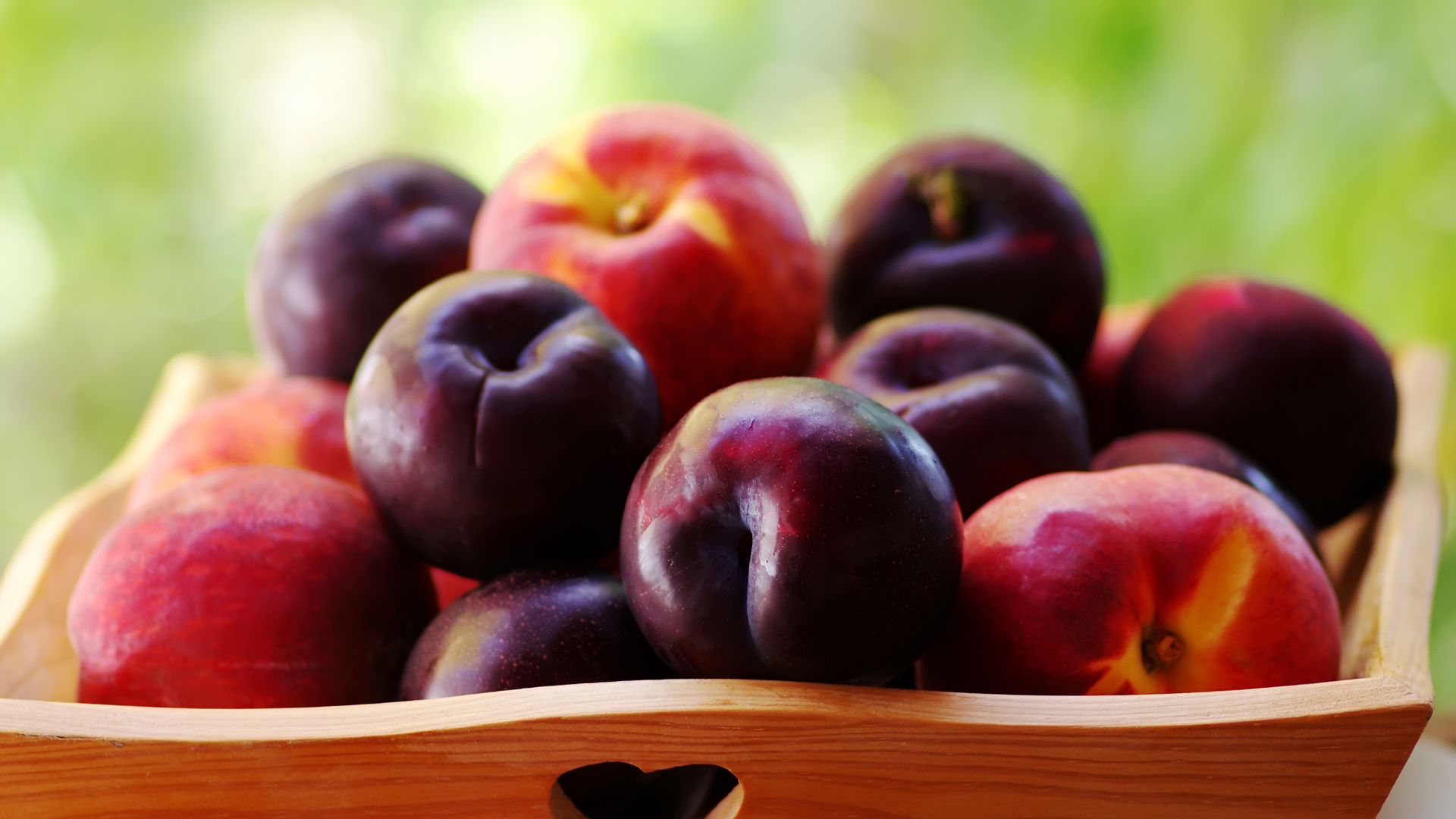Here’s the deal: Constipation can ruin your day. It can slow you down, making everyday tasks feel exhausting. The good news? Relief is closer than you think! Nature has given us powerful, fiber-packed fruits that act as gentle, natural laxatives.
Whether you need quick relief or want to improve digestion long-term, adding fiber-rich fruits to your diet can stimulate bowel movements, soften stools, and keep your gut happy. The best part? These fruits are delicious and easy to include in your meals.
So, which fruits should you eat? Stay tuned to know everything. This guide covers the top fruits for bowel movement and how they work. Let’s begin!
Fruits for Bowel Movement
If you’ve ever felt stuck, bloated, or sluggish, chances are your gut needs some extra help. Eating fruits is one of the easiest ways to keep your digestive health in check. The secret lies in their dietary fiber, water content, and natural compounds that work like natural laxatives.
Some fruits work better than others, so let’s dive into the best ones for keeping things moving smoothly.
Berries
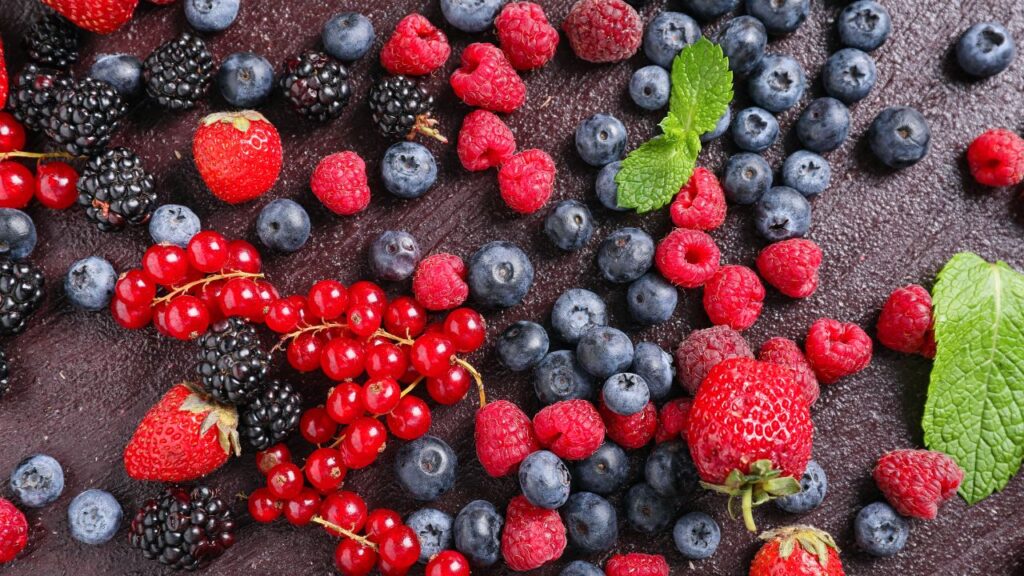
Let’s cut to the chase: Berries are tiny but powerful when it comes to digestion. They are packed with dietary fiber, making them one of the best fiber-rich foods to include in your daily routine. The combination of soluble and insoluble fibers helps keep things balanced in your gut.
Soluble fiber absorbs water and softens stools, while insoluble fiber enhances stool consistency to keep everything moving. Studies, including randomized controlled trials, suggest that berries can help with functional constipation by improving stool mass and gut motility.
There’s more. One of the biggest benefits of berries is their ability to feed beneficial gut bacteria. These beneficial bacteria play a huge role in keeping your digestive system on track.
Among all berries, raspberries and blackberries are particularly high in fiber, making them some of the best options for supporting bowel regularity. Their natural sugars, combined with fiber, help maintain a balanced gut without causing bloating or discomfort.
The best part? Berries are also a perfect healthy snack that can be enjoyed anytime. Whether you eat them fresh, blended into fruit juices, or sprinkled over yogurt, they add a delicious boost of fiber content to your diet. Unlike processed snacks, they don’t slow down digestion, making them an excellent choice for anyone dealing with chronic constipation.
Apples
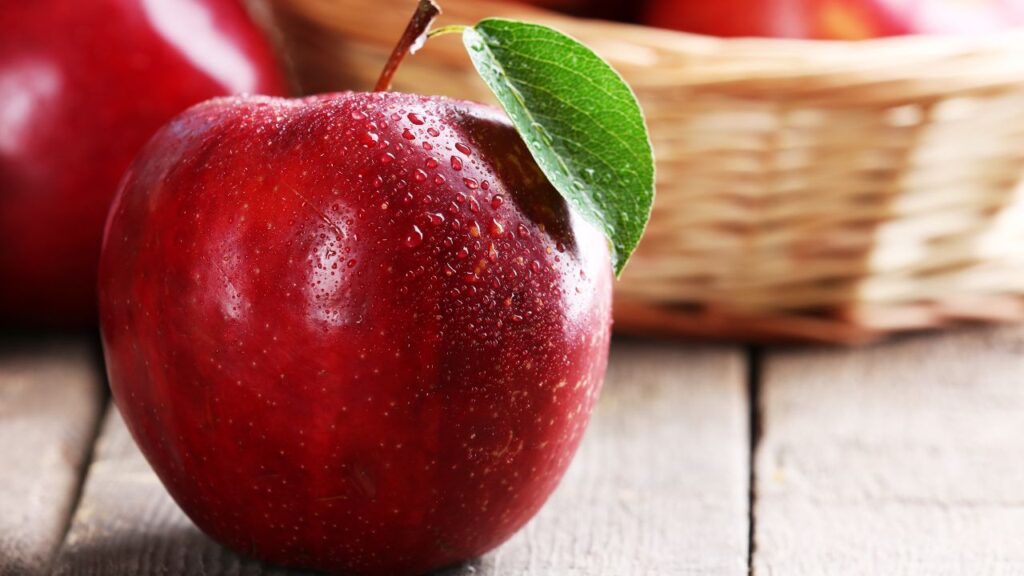
To put it bluntly: An apple a day might just keep constipation away! Apples are one of the best fiber foods you can eat to support your digestive system. One of their main benefits comes from fiber, which slows digestion. This supports gut health, making it easier to pass stools without strain.
Eating one medium apple with the skin gives your body both soluble and insoluble fiber. The peel contains much of the fiber found in apples, so skipping it means losing out on key benefits. So, how much fiber is in the apple? A medium one provides around 4.37 grams of fiber, making it an easy way to increase your fiber intake.
Apples are also great for supporting regular bowel movements in people dealing with chronic constipation. Their fiber helps maintain proper bowel function, and the pectin found in apples acts as a prebiotic, feeding the good bacteria in your digestive tract. This, in turn, helps with long-term constipation relief.
So, if you’re experiencing constipation, apples are a natural, gentle way to get relief without needing fiber supplements, like calcium polycarbophil.
Bananas
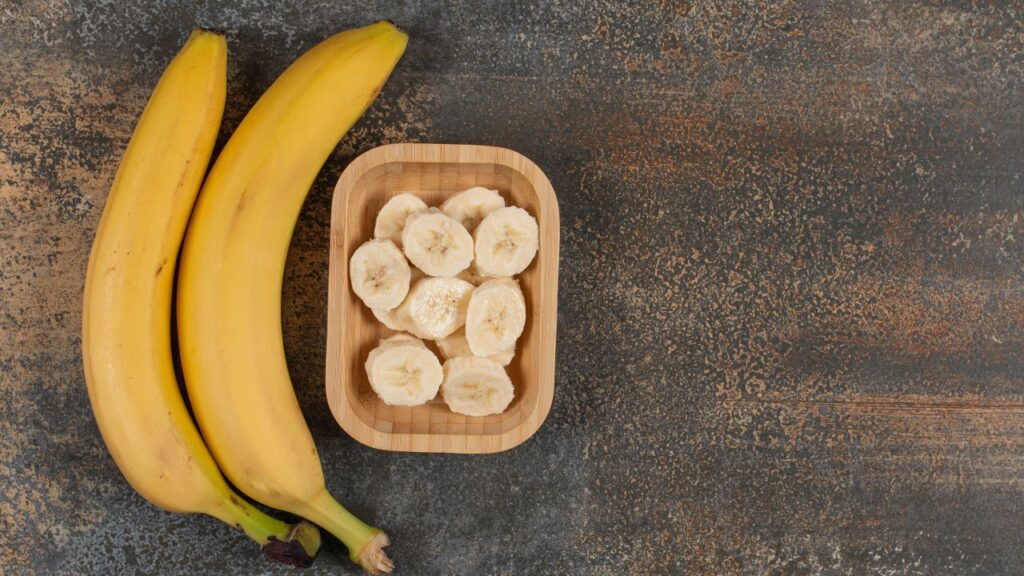
Bananas are one of the most commonly eaten fruits, but did you know they can also affect stool passage? They are naturally high in insoluble fiber, which helps add bulk to stool and improve digestion. But here’s the thing: The ripeness of bananas plays a big role in how they affect your digestive system. Let me explain.
Unripe bananas contain a type of resistant starch that slows digestion, which can actually cause constipation. However, ripe bananas are easier to digest and help in passing the stool, thanks to their high fiber content. If you’re looking to improve gut health, always go for bananas that are fully yellow with a few brown spots.
Bananas also pair well with a well-balanced diet to support digestion. They work well with high-fiber foods like oats, nuts, and seeds to further improve stool consistency. Plus, if you’re taking medications that cause constipation, adding bananas to your diet may help counteract the effects naturally.
Oranges
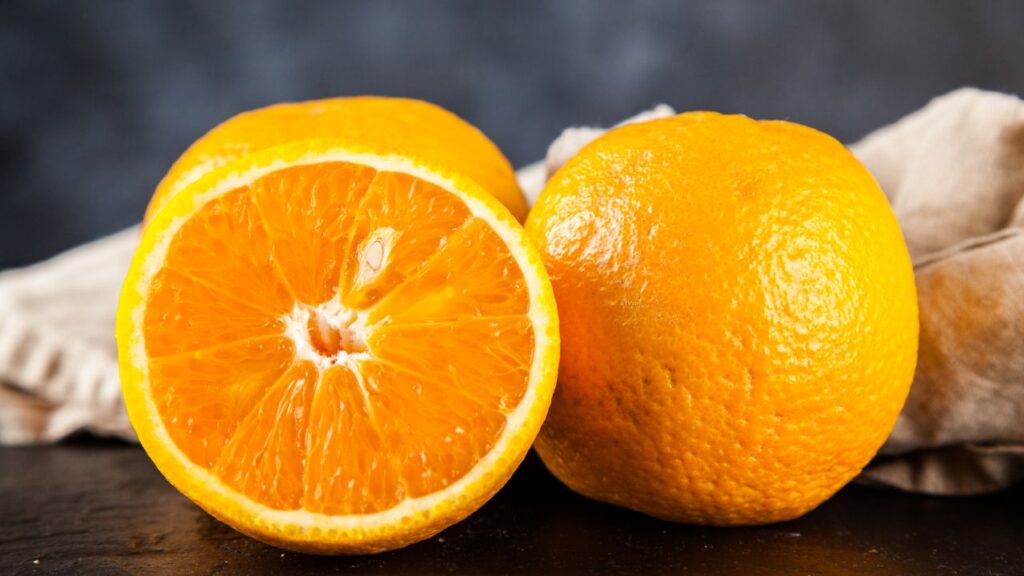
Oranges aren’t just refreshing—they’re also fantastic for keeping your gut healthy. These citrus fruits are high in fiber and contain a good amount of soluble fiber, which helps soften stools and keep digestion smooth. Since fiber absorbs water, it makes passing stool easier and helps regulate bowel habits naturally.
That’s why oranges are ideal for treating inflammatory bowel disease, irritable bowel syndrome, and chronic functional constipation. Whether you eat them whole or drink fresh juice, they provide plenty of fiber. They also make a great healthy snack when you need something light and refreshing.
To get the best results, pair oranges with a high fluid intake. The combination of fiber and water keeps stools soft and easy to pass, preventing abdominal discomfort.
Pears
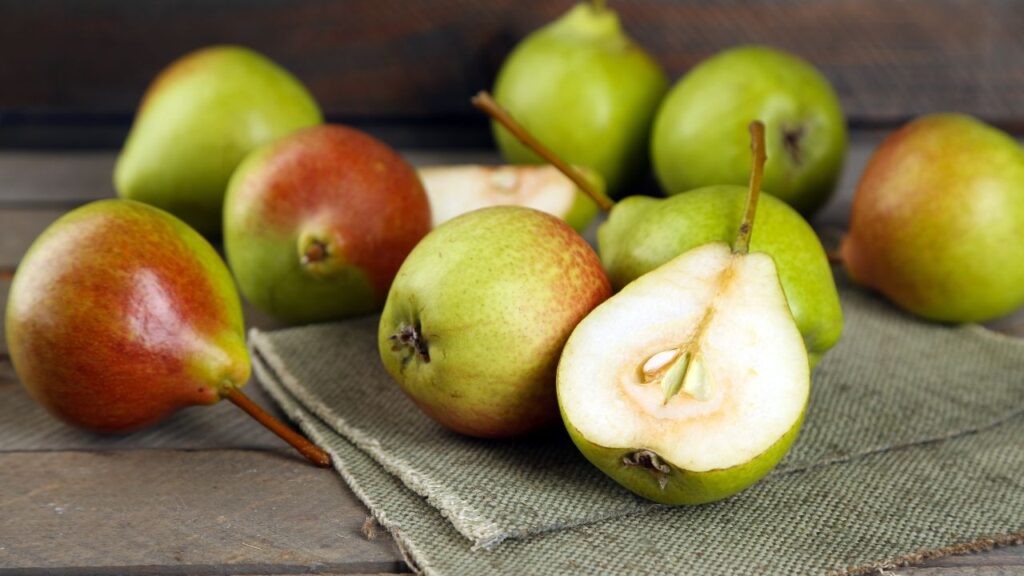
If you’re looking for natural ways to relieve constipation, pears should be at the top of your list. They are one of the best fiber-rich foods you can eat when you’re struggling with digestion. A medium pear contains around 5-6 grams of dietary fiber, making it a great choice for keeping your stomach healthy.
What makes pears so effective is their mix of soluble and insoluble fibers, which work together to prevent chronic constipation. The soluble one makes the stool softer, while the insoluble fiber speeds up digestion.
Drinking pear juices can also help, especially when paired with whole pears or dried figs. Many people find that eating a pear in the morning or as a snack can help with increasing stool frequency and preventing bloating or abdominal pain.
So, it’s now clear that whether you’re dealing with stool hardness or just want better health, pears are a simple and effective solution.
Papaya
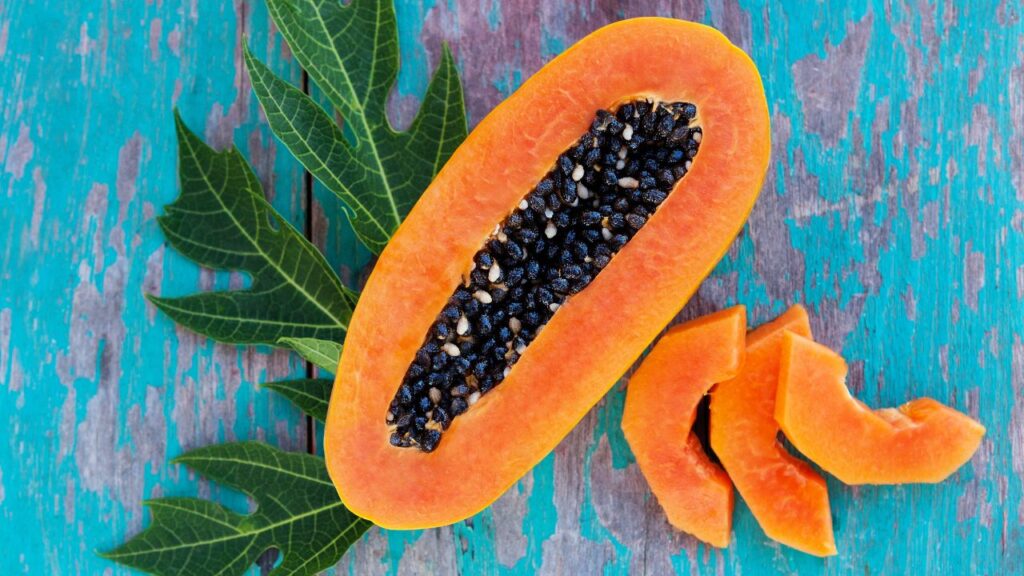
If you want a fruit that can help your digestive system naturally, papaya is a fantastic choice. It contains both fiber and digestive enzymes like papain, which act as stool softeners.
Many people struggling with digestion find that papaya helps relieve constipation by improving their bowel routine. This is because fiber improves the stool bulk, allowing it to pass more easily. The fiber also supports a healthy gut microbiome, ensuring softer stools.
If you’re looking for a natural remedy for gut issues, papaya pairs well with oat bran and wheat bran. These ingredients further increase fiber intake and help with stool consistency.
For the best digestive benefits, try eating papaya fresh or blending it into smoothies. It also makes a great addition to fruit bowls, salads, and yogurts. By combining papaya with other fiber-rich foods, you can support long-term gut health and keep your digestion working properly.
Prunes
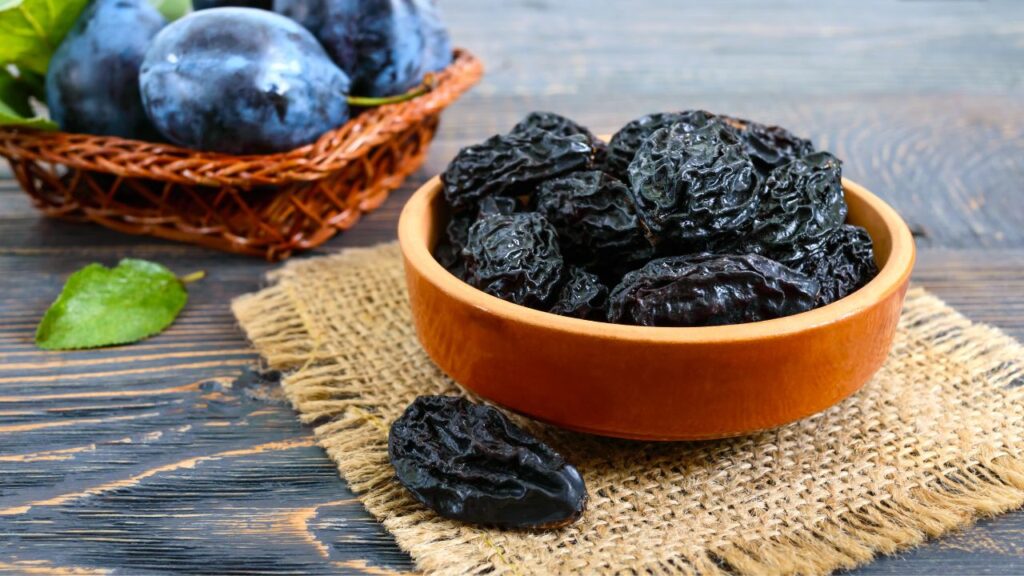
When it comes to constipation relief, prunes are one of the best natural remedies. They are packed with dietary fiber, making them highly effective at regulating bowel function. In fact, randomized controlled trials have confirmed that prunes have laxative properties that can naturally relieve constipation without harsh side effects.
Additionally, prune juice contains sugar alcohol like sorbitol, which pulls water into the intestines and creates a gentle laxative effect. Plus, prunes contain fatty acids, which provide a lot of health benefits, including better gut health. This makes prunes an excellent choice for anyone experiencing sluggish digestion.
To get the most benefits, eat a handful of dried plums daily or drink prune juice in the morning. Adding prunes to your diet, along with other fiber-rich foods, can keep digestion smooth and prevent future issues. Their mild laxative effect makes them a great long-term solution for better gut health.
Peaches
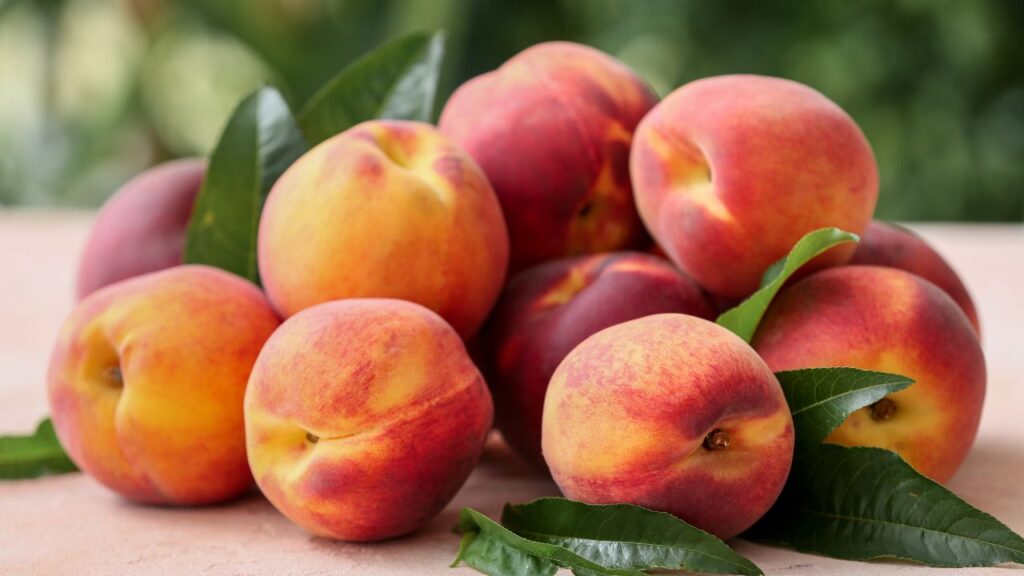
Peaches are a delicious way to improve digestion naturally. These juicy fruits contain both soluble fiber and insoluble fiber, making them excellent for preventing chronic constipation. They help maintain healthy stool consistency by drawing in moisture and preventing stools from becoming too hard or too loose.
The best part? Peaches also pair well with other high-fiber foods like whole wheat bread to further improve gut health. If you take certain medications that slow down digestion, adding peaches to your diet can help counteract their effects naturally.
For best results, eat peaches fresh, dried, or blended into smoothies. They’re an excellent snack for preventing abdominal discomfort while keeping your digestive system in great shape. Their ability to keep stools soft and easy to pass makes them a great addition to any gut-friendly diet.
Plums
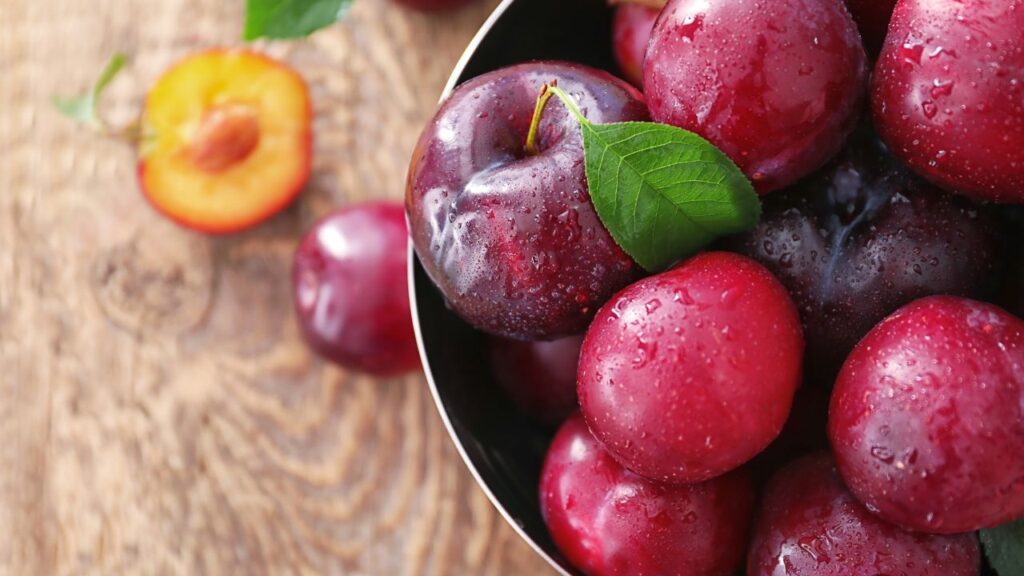
Plums are another fantastic fruit for digestion, thanks to their high dietary fiber content. Like their dried counterparts (dried plums), fresh plums have laxative properties that can naturally relieve constipation. When you are experiencing constipation, your digestive system slows down, making it harder to pass stool. But the fiber adds bulk to stool, it makes passing waste easier.
But wait. Plums do not just ease constipation. One of the unique benefits of plums I want to discuss here is their ability to support gut motility while feeding beneficial bacteria in the gut. So, regular consumption of plums can help maintain a digestive tract intact, preventing issues like bloating and discomfort.
That’s not all. Additionally, plums contain sorbitol, a natural sugar alcohol that draws water into the intestines, making stools softer and easier to pass. That’s why health experts often include plums in dietary guidelines for maintaining good digestive health, especially for those struggling with irregularity.
Just be sure to avoid options with added sugar, as too much sugar can make symptoms worse. For the best results, eat plums fresh or dried, and drink plenty of water to keep digestion smooth.
Pro Tip: Eat plums, along with other fruits and vegetables. A high-fiber diet that includes plums, whole grain options like brown rice, and fiber-rich seeds like chia seeds can help keep the digestive system running smoothly.
In short, by incorporating plums and other fiber-rich foods into your daily meals, you can improve digestion naturally and prevent future discomfort.
Conclusion
A healthy gut starts with the right fruits. They can make a huge difference in your digestion, energy levels, and overall health. The top choices are berries, apples, pears, and bananas, as they are packed with fibers. You can also eat oranges, papaya, prunes, and pluma to keep your digestive tract intact.
Eating these fruits regularly, along with drinking plenty of water and staying active, can transform your digestion. Start now and enjoy a healthier, happier gut!

